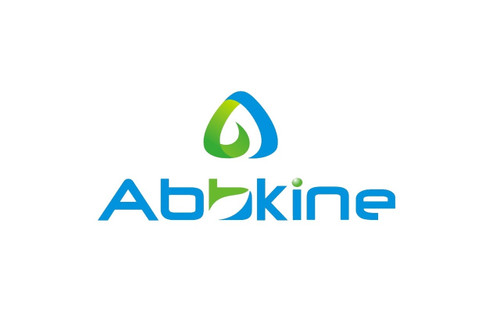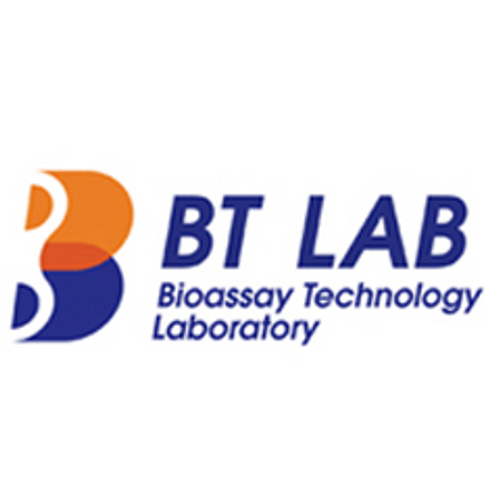Product Description
Mouse Synaptogyrin-2 (SYNGR2) ELISA Kit | AE16081MO | Abebio
Species Reactivity: Mouse (Mus musculus)
Abbreviation: SYNGR2
Alternative Name: MGC102914; cellugyrin
Application: ELISA
Range: Request Information
Sensitivity: Request Information
Intra-Assay: ≤7.8%
Inter-Assay: ≤7.6%
Recovery: 0, 88
Sample Type: Serum, Plasma, Other biological fluids
Detection Method: Sandwich
Analysis Method : Quantitive
Test Principale: This assay employs a two-site sandwich ELISA to quantitate SYNGR2 in samples. An antibody specific for SYNGR2 has been pre-coated onto a microplate. Standards and samples are pipetted into the wells and anySYNGR2 present is bound by the immobilized antibody. After removing any unbound substances, a biotin-conjugated antibody specific for SYNGR2 is added to the wells. After washing, Streptavidin conjugated Horseradish Peroxidase (HRP) is added to the wells. Following a wash to remove any unbound avidin-enzyme reagent, a substrate solution is added to the wells and color develops in proportion to the amount of SYNGR2 bound in the initial step. The color development is stopped and the intensity of the color is measured.
Product Overview: SYNGR2 encodes an integral membrane protein containing four transmembrane regions and a C-terminal cytoplasmic tail that is tyrosine phosphorylated. The exact function of this protein is unclear, but studies of a similar rat protein suggest that it may play a role in regulating membrane traffic in non-neuronal cells. The gene belongs to the synaptogyrin gene family.Subcellular fractionation of rat brain cells indicated that both synaptogyrin and cellugyrin are associated with microsomes; however, only synaptogyrin is found in synaptic vesicles. The authors suggested that synaptogyrin is a specialized version of the ubiquitous cellugyrin, supporting the concept that synaptic vesicles are a simplified and specialized form of a generic trafficking organelle.
Stability: The stability of ELISA kit is determined by the loss rate of activity. The loss rate of this kit is less than 5% within the expiration date under appropriate storage condition. The loss rate was determined by accelerated thermal degradation test. Keep the kit at 37°C for 4 and 7 days, and compare O.D.values of the kit kept at 37°C with that of at recommended temperature. (referring from China Biological Products Standard, which was calculated by the Arrhenius equation. For ELISA kit, 4 days storage at 37°C can be considered as 6 months at 2 - 8°C, which means 7 days at 37°C equaling 12 months at 2 - 8°C) .
 Euro
Euro
 USD
USD
 British Pound
British Pound
 NULL
NULL








